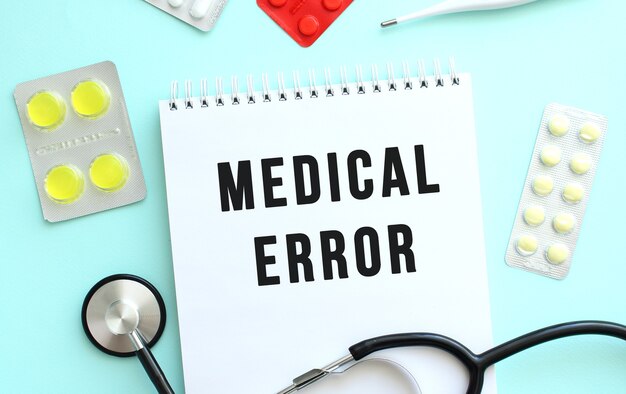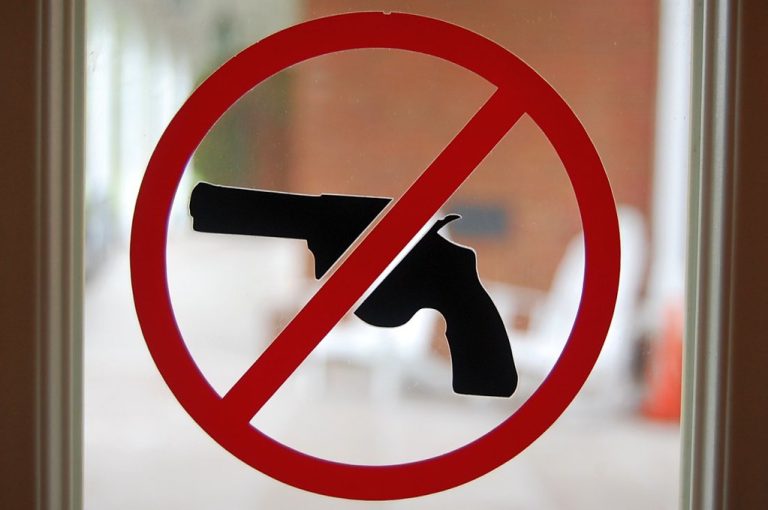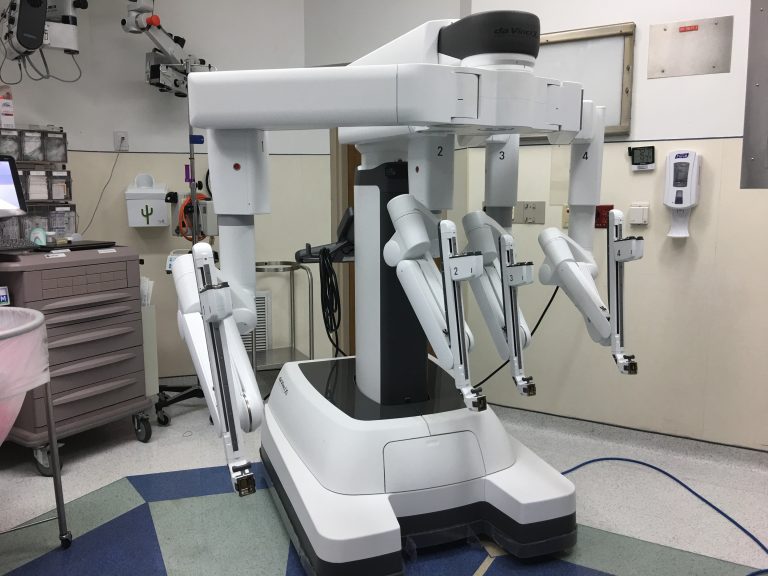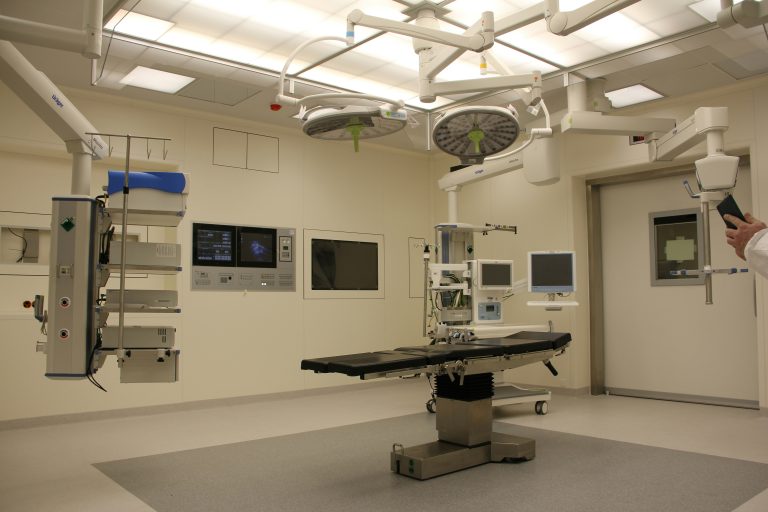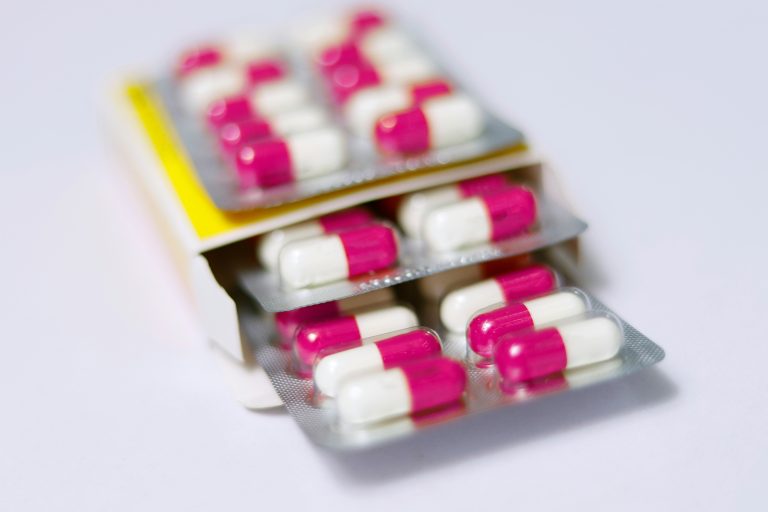I would like to approach the readership of your journal through these columns in order to explore an issue that is assuming alarming proportions here in Pakistan. It has become commonplace for physicians here to appear in commercials, directly or indirectly promoting products. Up till a few years ago we would see professional models dressed in white coats with stethoscopes slung around their necks, pretending to be doctors, promoting products. Gradually one saw young physicians appearing in advertisements, obviously to make some easy money. It is now common to see senior physicians displaying their credentials and institutional affiliations giving what appears to be a public health message, but with the brand name of particular products displayed besides them. Often times the “public health message” is also inaccurate and misleading. Some of these physician models are actually serving professors in leading medical colleges. They have appeared in television and newspaper advertisements, on billboards, and on posters selling products ranging from toothpaste, shampoo and medicated soaps to baby diapers and even socks.
A search of the English language literature reveals practically no material focusing on physicians advertising and promoting products. There is much written on self advertisement, an area already covered by clear guidelines of the Pakistan Medical and Dental Council (PMDC). Another area that has been explored extensively in literature is on physicians associations endorsing products, which also raises major ethical concerns.
There is growing concern among many physician circles about this alarming trend. In response to this concern the Karachi Bioethics Group (KBG) wishes to develop a position statement addressing all aspects of physicians endorsing products which we hope can then become a framework for policy formulation by physicians associations including the Pakistan Medical Association and the PMDC.
The KBG consists of individuals from several institutions across Karachi who have a shared interest in bioethics. The group meets once every two months in their personal capacities and discuss ethical issues. The group has recently launched a set of guidelines on physician- pharmaceutical industry interaction. More information can be obtained from www.karachibioethicsgroup.com.
It would be interesting to learn from your readers if there has been a similar trend in India of physicians willing to become industry poster boys, and if so, what has been the reaction by the public and the physician community.
Aamir Jafarey, Centre of Biomedical Ethics and Culture, SIUT, Karachi 74200 PAKISTAN e-mail: aamirjafarey@gmail.com
Published in IJME on July 01, 2010







